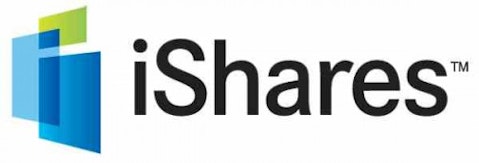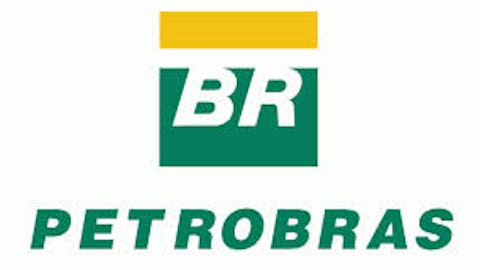When investing, size matters. Small companies are usually assumed to be riskier than big ones, while on the other hand they offer higher potential for growth. Although this rule is quite easy to observe, and generally correct, emerging markets may be a remarkable exception to consider. As odd as it may seem, smaller companies in emerging markets may offer both higher growth and less risk than their bigger counterparts.

The problem when it comes to large companies in some countries is that in many cases they are tilted towards politically sensitive sectors like energy, banks, utilities or telecommunications. This means that heavy regulation or even full blown state ownership is a distinct possibility, and this can mean bigger risks and smaller returns for investors.
Let’s consider Brazil for example; the two most popular ETFs to invest in the South American country are the more traditional and large cap focused iShares MSCI Brazil Index (ETF) (NYSEARCA:EWZ) and its newer competitor Market Vectors Brazil Small Cap ETF (NYSEARCA:BRF) which invest in smaller companies.
Although EWZ may be considered less risky due to its large cap bias, the fund is heavily concentrated in sectors like energy and materials, and state owned oil Company Petrobras accounts for more than 10% of its holdings. The company has made major discoveries of presalt oil deposits since 2007, which means that Petrobras is one of the best positioned energy companies in the world in terms of growth opportunities.
But the Brazilian government, which owns a controlling stake in Petrobras, has been increasing its influence in the company via both regulations and capital allocation decisions. The company is planning to invest almost $240 billion over the next five years in order to develop its reserves, so free cash flows should be expected to remain in negative territory in the middle term and debt will likely continue increasing.
Government control means that business profitability is not the priority when it comes to capital allocation at Petrobras: transforming Brazil into an oil exporting powerhouse and keeping internal fuel costs as low as possible in order to benefit local industries are considered more important than return on equity or dividends. Taxes, royalties and all kind of uncertainties regarding financial or strategic resources can always be a problem for investors in Petrobras.
BRF has a smaller exposure to heavily regulated sectors like energy and materials, and it’s also more diversified than EWZ. While the 10 biggest positions in EWZ account for 55% of its assets, the 10 biggest holdings in BRF represent a much smaller 31% of the portfolio. All in all, BRF seems to offer not only better growth prospects than EWZ but also less political and regulatory risk, and a healthier degree of diversification.
The Case for Chinese Small Caps
iShares FTSE/Xinhua China 25 Index (ETF) (NYSEARCA:FXI) is the biggest and most popular ETF for China investing, but it hardly seems like the best alternative considering that the instrument tracks an index composed of 25 mega capitalization stocks with a heavy tilt towards sectors like financial services, communications and energy.
Not only is the degree of diversification insufficient, but most of the holdings are in sectors where political interference and state ownership are big problem to consider. Besides, the ETF excludes sectors like industrials, consumer and technology which are perhaps the most promising when considering China and its long term growth prospects.
For this reason, an alternative like Guggenheim China Small Cap may provide a superior choice for investors looking for a better risk and reward equation when it comes to investing in China. The instrument holds nearly 250 individual stocks, and it’s much more diversified in terms of sector exposure. Besides, by being focused on smaller companies, this ETF avoids the drawback of excessive exposure to estate owned companies.

Bottom Line
Smaller companies are usually believed to be riskier than big capitalization stocks, but things can be the other way around when we consider political risks and government intervention in emerging markets. In these particular geographies, smaller names can provide both better growth opportunities and less risk.
The article In Emerging Markets, the Smaller the Better originally appeared on Fool.com and is written by Andrés Cardenal.
Copyright © 1995 – 2013 The Motley Fool, LLC. All rights reserved. The Motley Fool has a disclosure policy.


